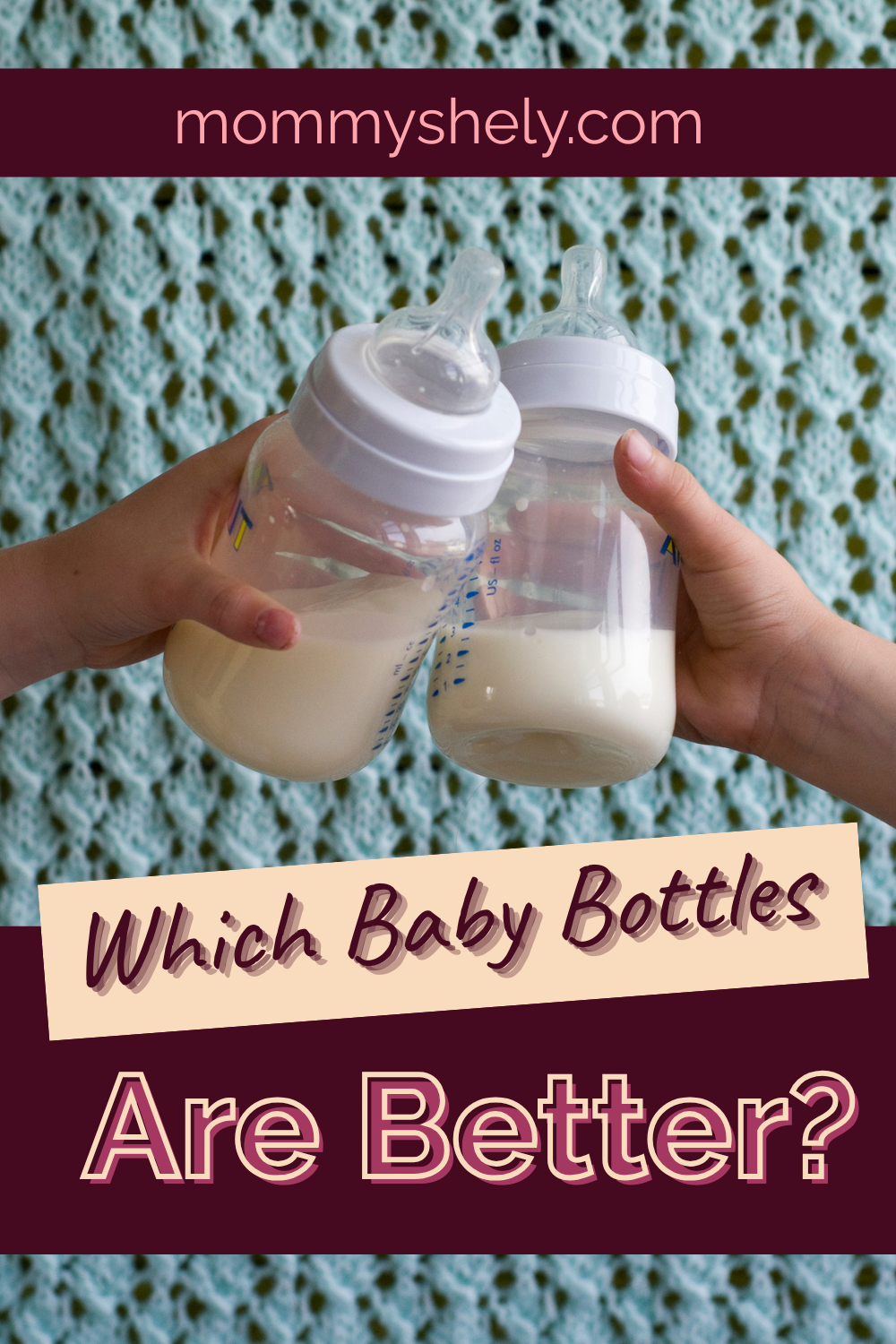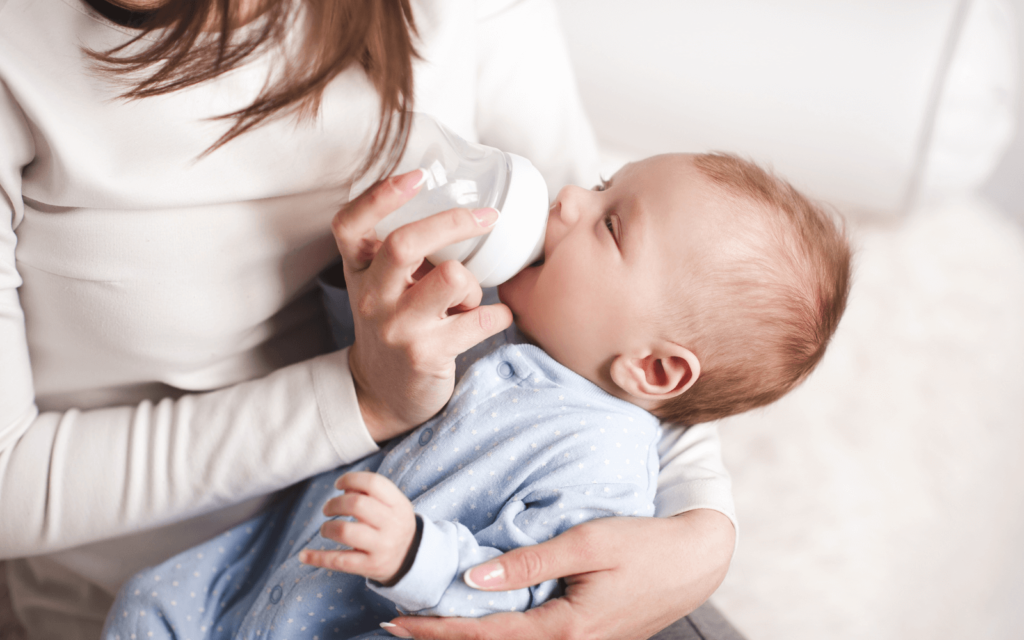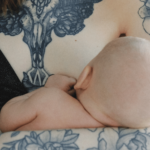This post is all about something I didn’t know anything about before having kids, but once I found out about it, it made a big difference in my life! Want to know what I’m talking about?
Well, it’s none other than glass baby bottles.
I owe my cousin a big thank you for this find. Our first babies arrived just two weeks apart (and our second ones too – and it was a coincidence both times, I swear!).
With my eldest, Liam, I was completely focused on breastfeeding. Bottles? They weren’t even on my radar, so I ended up purchasing a few plastic ones.
However, my cousin opted for bottle-feeding, and she heard about the benefits of glass bottles through a friend. She was determined to provide the best for her baby, you know, so she started using glass bottles.
Fast forward to baby number two, and let’s just say I was introduced to the wonderful world of combo feeding. Suddenly, those bottles became a lifeline, and I found myself faced with a choice: plastic or glass?
My cousin swore by glass baby bottles and continued using them with her second child. So, being curious (and maybe a tad skeptical), I decided to give them a try myself. And oh boy, let me tell you, it was a game-changer.
In this guide, I’ll break down the benefits of glass baby bottles, compare them with plastic ones, and help you make the best choice for your baby.
Pin for Later!

Glass vs. Plastic Baby Bottles: A Complete Comparison
So, what is it about those glass bottles that won me over? And what makes them better, in my opinion, from plastic?
Let’s compare:
| Glass Baby Bottles | Plastic Baby Bottles | |
|---|---|---|
| Safety | Free from harmful chemicals like BPA and microplastics | Some may contain BPA or other chemicals |
| Durability | Can break but often reinforced with silicone sleeves | Less likely to break, but can degrade over time |
| Cleaning | Doesn’t absorb odors or stains, easy to sterilize | Can retain smells and become discolored |
| Environmental Impact | 100% recyclable and eco-friendly | Contributes to plastic waste |
| Cost | Slightly more expensive | Generally cheaper |
| Weight | Heavier | Lightweight and easy to carry |
Are Glass Baby Bottles Better Than Plastic?
First things first, let’s talk safety. Are glass baby bottles better in this department? Absolutely. No more worrying about harmful chemicals sneaking their way into my baby’s milk. Glass meant peace of mind, plain and simple.
Now, let’s address the elephant in the room: do glass baby bottles break easily? Surprisingly, no!
I was fully prepared for delicate, handle-with-care bottles, but these bad boys laughed in the face of gravity. They survived more drops than a clumsy toddler on a playground, and that’s saying something!
Cleaning? A breeze.
Glass bottles don’t hold onto smells or get stained like plastic does. Their smooth surface allows for thorough scrubbing without the risk of scratching. They’re tough enough to handle high temperatures, so you can boil them or put them in the dishwasher to make sure they’re super clean.
Let’s not forget the environmental angle, either. Mother Earth thanked me with a gentle breeze and a chorus of singing birds (okay, maybe that last part was just in my head) for making the switch to recyclable, eco-friendly glass.
And last but certainly not least, can we talk about how chic these glass bottles look? Call me superficial, but there’s something undeniably classy about seeing Emily slurping away from a crystal-clear vessel.
So there you have it, all the benefits of glass baby bottles that convinced me to make the switch:
✔ Chemical-Free: No BPA, phthalates, or toxins.
✔ Doesn’t Retain Odors or Stains: Keeps milk fresh and clean.
✔ Easy to Sterilize: Safe for boiling, steam sterilization, and dishwashers.
✔ Eco-Friendly: Recyclable and sustainable.
✔ Durable & Long-Lasting: Strong glass withstands heat and repeated use.

But if you’re like me and have never heard about glass baby bottles before, I’ve compiled all the most common questions to help you make an informed decision.
FAQs: Your Questions Answered
Are glass bottles better for babies?
Yes! Glass bottles are often considered better for babies because they are free from harmful chemicals found in some plastics and are easier to clean and sterilize.
Should babies drink out of glass bottles?
Yes, babies can drink out of glass bottles. Many parents prefer them for their safety and hygiene benefits.
Are glass baby bottles safe?
Yes, glass baby bottles are safe to use as long as they are free from cracks or damage.
Are old glass baby bottles safe?
Old glass baby bottles can be safe to use as long as they are free from cracks, chips, and other damage that could compromise their integrity.
Do glass baby bottles break easily?
While glass baby bottles are more prone to breakage compared to plastic, they are typically made from durable glass designed to withstand normal use.
Do glass baby bottles cause gas?
Glass baby bottles are not known to cause gas any more than plastic bottles do. Gas in babies is more commonly caused by swallowing air while feeding rather than the type of bottle used.
Do glass bottles cause colic?
There is no evidence to suggest that glass bottles cause colic in babies.
How long can you use glass baby bottles?
Glass baby bottles can be used for as long as they remain in good condition, free from cracks or damage. Regularly inspecting them for signs of wear and tear is recommended.
How do you sterilize glass baby bottles?
Sterilizing glass baby bottles is simple:
- Boiling Water Method: Place bottles in a pot of boiling water for 5 minutes.
- Steam Sterilizer: Use an electric sterilizer designed for baby bottles.
- Dishwasher: Run them through a high-temperature cycle with a sanitizing option.
How to warm glass baby bottles?
Glass baby bottles can be warmed by placing them in a bowl of warm water or using a bottle warmer. Avoid using direct heat sources such as stovetops or microwaves to prevent uneven heating and potential damage to the bottle.
What are the disadvantages of glass bottles?
- Heavier than plastic bottles.
- More expensive.
- Can break if dropped (though many are reinforced with silicone sleeves).
What are the harmful effects of glass bottles?
Harmful effects of glass bottles are minimal, mainly limited to the risk of breakage and potential injuries from shattered glass.
Are glass baby bottles healthier than plastic bottles?
Glass bottles are often considered healthier than plastic bottles because they do not contain chemicals (like BPA) that can leach into liquids, especially when exposed to heat or repeated use.
Are glass baby bottles safe? Absolutely. Are they better? You betcha. Give them a try, and you won’t look back. Check out my post about the best glass baby bottles to choose the perfect bottle for your baby.
And if you’re already using them (great!), feel free to leave a comment and let me know if there are any advantages I haven’t mentioned.
With love,
Shely



